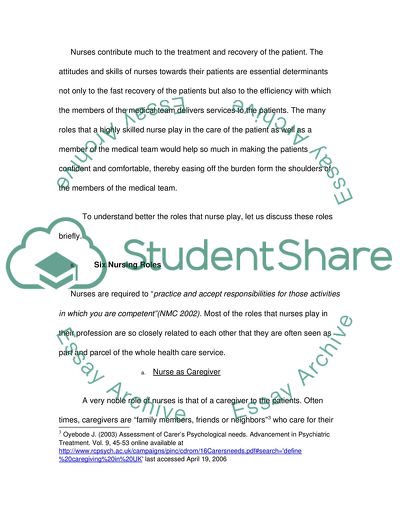Cite this document
(Clinical Skills and Nursing Roles Coursework Example | Topics and Well Written Essays - 1750 words, n.d.)
Clinical Skills and Nursing Roles Coursework Example | Topics and Well Written Essays - 1750 words. Retrieved from https://studentshare.org/medical-science/1703896-clinical-skills-and-nursing-roles
Clinical Skills and Nursing Roles Coursework Example | Topics and Well Written Essays - 1750 words. Retrieved from https://studentshare.org/medical-science/1703896-clinical-skills-and-nursing-roles
(Clinical Skills and Nursing Roles Coursework Example | Topics and Well Written Essays - 1750 Words)
Clinical Skills and Nursing Roles Coursework Example | Topics and Well Written Essays - 1750 Words. https://studentshare.org/medical-science/1703896-clinical-skills-and-nursing-roles.
Clinical Skills and Nursing Roles Coursework Example | Topics and Well Written Essays - 1750 Words. https://studentshare.org/medical-science/1703896-clinical-skills-and-nursing-roles.
“Clinical Skills and Nursing Roles Coursework Example | Topics and Well Written Essays - 1750 Words”. https://studentshare.org/medical-science/1703896-clinical-skills-and-nursing-roles.


